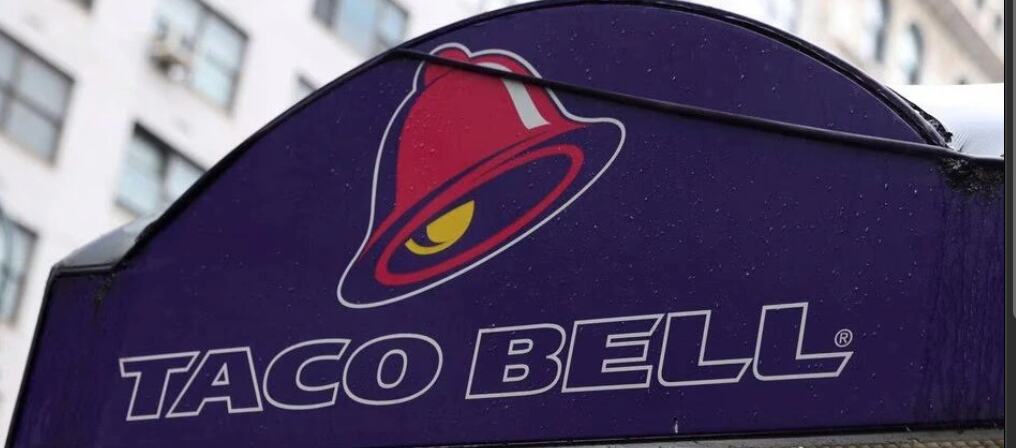Fast-Food Fiasco: New Yorker Sues Taco Bell for $5 million Over Deceptive Mexican Pizza
A New York man has filed a $5 million lawsuit against Taco Bell, accusing the fast-food chain of deceptive trade practices due to a significant disparity between advertised food and what was received. The case highlights the importance of transparency in advertising.
In a surprising turn of events, a New York man has taken legal action against fast-food giant Taco Bell, claiming that his Mexican Pizza order was severely lacking in filling compared to what was advertised. Frank Siragusa has filed a class-action lawsuit in the Eastern District of New York, seeking upwards of $5 million in damages for what he believes to be unfair and deceptive trade practices.
According to court documents, Siragusa argues that had he known about the significant disparity between the actual product and the images shown in Taco Bell's advertisements, he would not have paid the $5.49 price for the Mexican Pizza.
He also claims that many other customers were similarly disappointed with their orders, including the popular Crunchwraps. To support his case, Siragusa has included side-by-side comparisons of the appetizing tacos featured on Taco Bell's website and the lackluster items that customers received.
The stark contrast between the vibrant, overflowing tacos depicted in the adverts and the dull, unsatisfactory reality is undeniable. The lawsuit alleges that Taco Bell's actions constitute unfair and deceptive trade practices, financially harming consumers who receive a product that falls far short of what was promised in advertisements.
This is especially concerning in the current economic climate of high inflation and soaring food prices, where many consumers, particularly those on lower incomes, are already struggling financially. Siragusa's claims are substantiated by various media articles that echo similar concerns about Taco Bell's portion sizes.
One such article, featured in the US edition of The Sun, highlighted a journalist's observation that the Mexican Pizza did not live up to its beefy appearance portrayed in commercials. As this legal battle proceeds, Taco Bell is facing scrutiny over its advertising practices, accused of misleading customers with its promotional material and failing to deliver on the promised quality and quantity of its products.
This case serves as a lesson to businesses about the importance of transparency and delivering on advertising promises to maintain the trust and satisfaction of customers who increasingly value authenticity and quality. In conclusion, Frank Siragusa's lawsuit against Taco Bell sheds light on the potential consequences of deceptive advertising practices.
As consumers become more discerning and demand transparency, businesses must ensure they meet the expectations set by their advertisements to avoid legal repercussions and maintain customer trust.




